While the announcement of the ‘Besco’ merger took pretty much everyone by surprise, on reflection perhaps we should have seen it, or something like it, a mile off.
The blurring of channels has become a feature of the UK food and drink market in recent years so it was just a matter of time before big retail and foodservice combined in a structured and strategic way. And, as a well-run, cash-rich and profitable firm, Booker would always be a takeover target for any large organisation able to make the right deal.
Booker’s earlier acquisition of Musgrave was highlighted as a fast-track to better fresh food and more efficient distribution to independently-owned stores. A strategic partnership with Tesco brings the same set of benefits, multiplied by about 100.
For many store owners, there is excitement at the prospect of linking their main supplier to the UK’s largest food retailer. With the cost base rising for all businesses, the bigger the scale of your supply partner, the better, or so the argument goes. But there are doubts about the linkage. For some, the prospect of being supplied by your toughest competitor sits a little uneasily.
There is also the question of store data. If you are a Budgens retailer, for example, you might have been competing hard against Tesco for a decade. How can you be sure that they won’t be able to view your sales figures? Admittedly, this might be fixed by the CMA as part of a regulatory assessment of the merger. Booker doesn’t have a direct data link to most of its customers anyway, and at Tesco-owned One Stop the franchisee data is formally separated from the company-owned stores as a legal requirement of the franchise operation. But I suppose if you were so minded you could form a reasonable picture of how stores in a particular area were performing from orders, delivery loads and schedules, and this would be theoretically possible under Besco as well.
For this merger to work for independent retailers, the key is trust. According to the notes accompanying the merger document, most of the value that the deal creates will be through synergies in buying and distribution, and if that turns out to be the case retail customers have every right to expect a share of these benefits. But down the line, say 10 years, is Charles Wilson still going to be there, or Tesco’s Dave Lewis? And what if the Tesco board at the time decides that supplying independent retailers is a low priority? Hence the uncertainty in the independent retail trade: this deal provides a lot to be excited about, but there is a lot to be taken on trust as well.










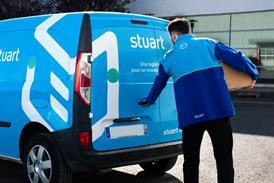

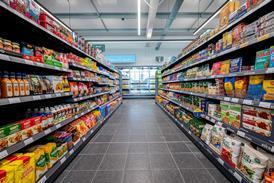
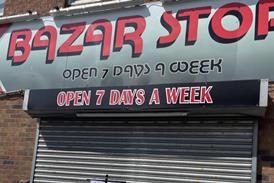











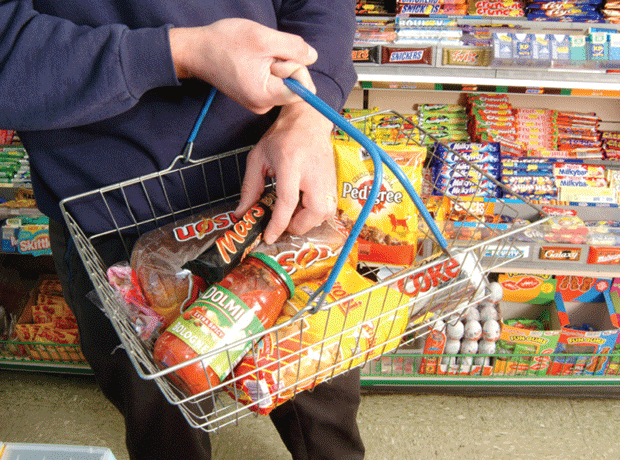
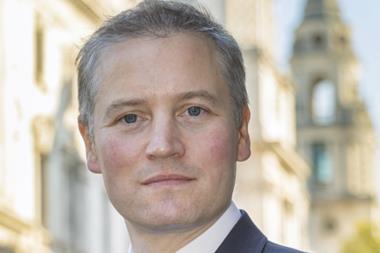
No comments yet